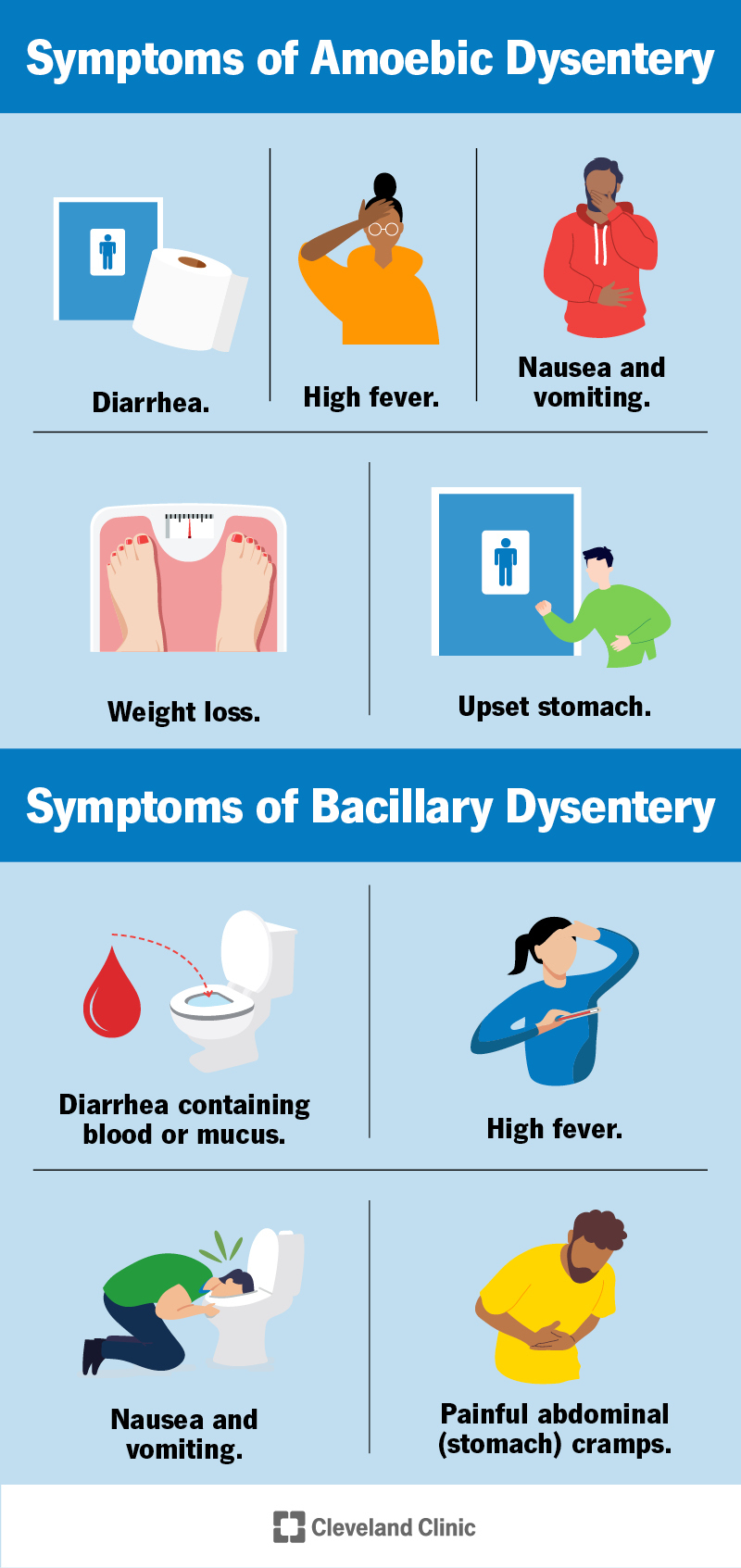What is Dysentery?
Dysentery is a type of gastrointestinal infection caused by bacteria, viruses, or parasites. The most common causes of dysentery are:
- Bacterial dysentery: Caused by bacteria such as Shigella, Salmonella, and E. coli.
- Amoebic dysentery: Caused by the parasite Entamoeba histolytica.
- Giardiasis: Caused by the parasite Giardia lamblia.
Dysentery is highly contagious and can spread through:
- Contaminated water: Drinking water that is contaminated with feces, urine, or other bodily fluids.
- Contaminated food: Eating food that is contaminated with bacteria, viruses, or parasites.
- Poor hygiene: Failing to wash hands regularly, especially after using the toilet or before handling food.
- Close contact: Coming into close contact with someone who is infected with dysentery.
Symptoms of Dysentery
The symptoms of dysentery can vary depending on the cause of the infection, but common symptoms include:
- Diarrhea: Loose, watery stools that may contain blood or mucus.
- Abdominal pain: Cramping, tenderness, or discomfort in the abdomen.
- Fever: Elevated body temperature, usually above 100.4°F (38°C).
- Nausea and vomiting: Feeling queasy or vomiting, which can lead to dehydration.
- Dehydration: Excessive thirst, dark urine, and decreased urine output.
Prevention of Dysentery
Preventing dysentery is crucial to avoiding the discomfort, pain, and potential complications of the infection. Here are some effective ways to prevent dysentery:
- Practice good hygiene: Wash your hands frequently, especially after using the toilet, before handling food, and after touching animals or their waste.
- Use safe water: Drink bottled or filtered water, and avoid drinking tap water or water from unknown sources.
- Avoid contaminated food: Avoid eating food from street vendors, and make sure to wash fruits and vegetables before eating them.
- Use proper food handling techniques: Cook food thoroughly, and avoid cross-contamination by separating raw and cooked foods.
- Get vaccinated: Consider getting vaccinated against hepatitis A, typhoid, and cholera, which can help prevent dysentery.
- Use personal protective equipment: Wear gloves, masks, and eye protection when working with patients or handling bodily fluids.
- Take regular breaks: Rest and rehydrate regularly to avoid exhaustion and dehydration.
Managing Dysentery
If you contract dysentery, it is essential to seek medical attention immediately. Here are some steps to manage dysentery:
- Stay hydrated: Drink plenty of fluids, such as oral rehydration solutions, to replace lost fluids and electrolytes.
- Rest: Get plenty of rest to help your body recover from the infection.
- Seek medical attention: Visit a healthcare provider for proper diagnosis and treatment.
- Take antibiotics: If prescribed, take antibiotics as directed to help clear the infection.
- Monitor your condition: Keep track of your symptoms, and seek medical attention if they worsen or persist.
FAQs
Q: What is the most common cause of dysentery?
A: The most common cause of dysentery is bacterial infection, particularly Shigella.
Q: How can I prevent dysentery when working in high-risk areas?
A: Practice good hygiene, use safe water, avoid contaminated food, and get vaccinated against hepatitis A, typhoid, and cholera.
Q: What are the symptoms of dysentery?
A: The symptoms of dysentery include diarrhea, abdominal pain, fever, nausea, and vomiting.
Q: How long does dysentery last?
A: The duration of dysentery can vary depending on the cause and severity of the infection, but it usually lasts between 2-7 days.
Q: Can dysentery be prevented with vaccination?
A: Yes, vaccination against hepatitis A, typhoid, and cholera can help prevent dysentery.
Conclusion
Dysentery is a significant health risk for international aid workers, particularly those working in areas with poor sanitation, inadequate water supply, and limited access to medical care. Prevention is key to avoiding the discomfort, pain, and potential complications of dysentery. By practicing good hygiene, using safe water, avoiding contaminated food, and getting vaccinated, you can significantly reduce your risk of contracting dysentery. If you do contract dysentery, it is essential to seek medical attention immediately and follow proper treatment and management protocols. Remember, prevention and prompt medical attention are crucial to staying healthy and safe while working in high-risk areas.
As an international aid worker, it is your responsibility to prioritize your health and take necessary precautions to prevent dysentery. By following the guidelines and tips outlined in this article, you can minimize your risk of contracting dysentery and stay healthy and safe while working in high-risk areas. Remember to always prioritize your health and seek medical attention if you experience any symptoms of dysentery.
Closure
Thus, we hope this article has provided valuable insights into Dysentery prevention in international aid workers. We hope you find this article informative and beneficial. See you in our next article!
